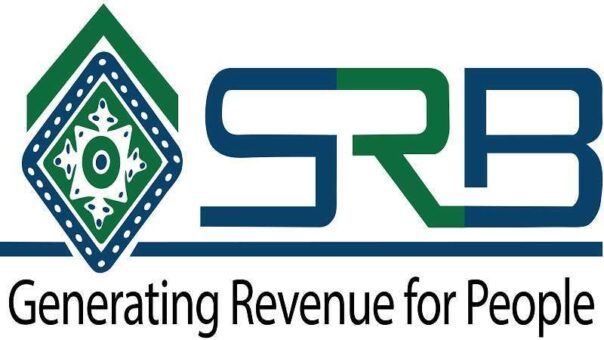

Karachi, July 2, 2024 – The Sindh government has officially increased the standard rate of sales tax on services from 13% to 15%, effective from July 1, 2024. This change, outlined in the provincial budget for 2024-25, marks a significant adjustment in the province’s tax regime.
The Sindh Revenue Board (SRB) announced the new standard sales tax rate, which will impact a wide range of services. Providers of taxable services such as hotels, motels, guest houses, farmhouses, restaurants, clubs, caterers, and marriage halls and lawns are now required to charge a 15% sales tax on their services.
However, in a move aimed at promoting digital payments, the Sindh Revenue Board has introduced a reduced sales tax rate of 8% for certain services. Specifically, restaurants, including those located in hotels, motels, guest houses, and farmhouses, will charge an 8% sales tax when payments are made through debit cards, credit cards, mobile wallets, or QR scanning. This reduced rate is applicable without the benefit of input tax credit or adjustment.
Service providers wishing to apply the standard 15% rate (with input tax credit or adjustment) to payments made via digital modes can do so by submitting a written application to the SRB and obtaining approval. This provision allows businesses some flexibility while encouraging the adoption of digital payment methods.
The Sindh Revenue Board emphasized that no input tax adjustment is allowed for restaurant services taxed at the reduced 8% rate. Service providers must adhere strictly to the apportionment provisions outlined in rule 22(3) of the Sindh Sales Tax on Services Rules, 2011. These provisions must be accurately reflected in the sales tax returns to ensure compliance.
Restaurants integrated with the SRB’s Point of Sales (POS) system for real-time sales reporting are advised to update their systems to incorporate these changes. This update is crucial for aligning with the new tax rates and ensuring accurate tax reporting.
The implementation of the increased standard sales tax rate and the reduced rate for digital payments reflect the Sindh government’s broader strategy to enhance revenue collection while promoting modern payment methods. This initiative is part of a series of measures aimed at streamlining tax administration and improving compliance within the province.
As businesses adapt to these changes, the Sindh Revenue Board will likely monitor the impact on tax revenues and compliance levels closely. The government’s commitment to encouraging digital transactions is expected to benefit both consumers and service providers by offering a more convenient and secure payment environment.